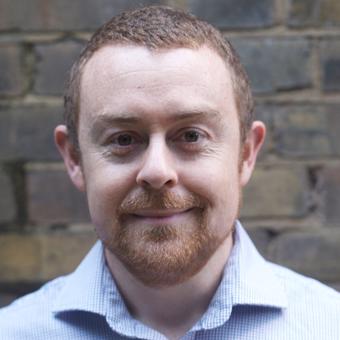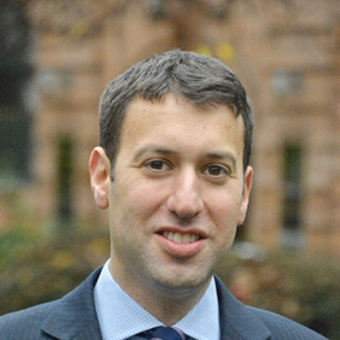Barrister turned coach and trainer Catherine Brown identifies the areas in which lawyers commonly fail to communicate clearly, and suggests a number of ways they can avoid confusing their clients.
Could lawyers be better communicators?
So that you understand my perspective on this, I should explain that I am a former barrister (with 14 years’ experience at the independent bar), now turned coach and trainer. The coaching is mostly professional coaching of lawyers, the training is mostly of non-lawyers who have to deal with lawyers.
Although I spent just shy of 15 years at the personal injury bar, I have definitely learned more about what clients need, and how the legal profession could communicate with them better, since leaving the bar and spending time talking to non-lawyers with a different hat on.
The trainer hat is undoubtedly less intimidating than the barrister wig (which is a lesson in itself).
And when I coach lawyers they are also much more open with me about matters like communication issues within their teams and even anxiety around public speaking, for example.
So I think it is time to bust the myth that, as lawyers, we somehow communicate brilliantly without needing to try.
My experience shows that we are as guilty as anyone else of assuming too much knowledge, failing to tailor our messages to our audiences and either avoiding difficult topics or skirting around them. There are others, of course, who perhaps wade straight into conflict when it could be avoided. (And there are, no doubt, others who are effortlessly brilliant!)
We operate in a system that potentially impacts on the lives of everybody in the country, and which frequently finds itself under attack. There is, in my view, a real need to make the effort that it would take to communicate better and, more importantly, to foster greater understanding of our legal system.
Mind the gap
The benefits for a law firm of an open and honest culture of communication are, hopefully, obvious. So let’s focus in on what non-lawyers don’t know about the legal system.
The people I have worked with on various courses – nurses, company directors, surveyors, mechanics, non-lawyers in general, do not generally use or understand words and phrases such as “hereinbefore”, “hereinafter”, “insofar as”, “skeleton argument”, “re-examination”, “adversarial”, “inquisitorial”… I could go on.
But, perhaps more significantly, even “lawyer” / “barrister” / “solicitor”, “criminal case”, “civil case”, “high court” and “district judge” are all terms that, more frequently than not, prompt blank faces. Many people I have worked with simply don’t know who judges are: how a person becomes one, how they’re trained and what they do.
Against that background, why should they care if judges are accused of being “enemies of the people”? And how could they possibly understand even the basics of their rights and obligations as citizens?
Fostering disengagement
It is also true, in my experience, that most people don’t like to appear ignorant, so they keep quiet and assume everything will become clear at some point. This can stop them engaging in the legal process in which they find themselves or, conversely, can allow fear and anxieties to multiply.
Out of fairness, I should add that we are not alone in this. In my work as a school governor, for example, if I’m not asking questions out loud then I am quite frequently googling acronyms below the table, or below the camera.
However, I will be blunt and state outright that I think the legal system does have a problem with, amongst other things:
a) Understanding the level of knowledge that the general public have about the legal system, in particular, the lack of understanding of the adversarial nature of much of it.
b) Developing our skills in communicating with people from different backgrounds.
c) Preparing witnesses to enter into that adversarial system (without coaching them, obviously).
d) Helping people understand why everything takes so long.
Act now
Until the basics of our legal system are taught in schools (and taught well), we will remain in a world where people get their knowledge from TV, or from friends and colleagues.
But the legal system, lawyers and judges are under attack now, so action is needed now. And we can all make a difference by being more open and straightforward in our communication and checking understanding in those we are communicating with.
I will end by challenging you to pause for a moment and ask yourself, “Which aspects of the legal system, which I take for granted, am I brushing over in my day-to-day communication with clients and witnesses? When have I fallen into the trap of using jargon when plain English would be easier? And do I perhaps see simplicity as weakness rather than a strength?”
If you can also translate the more focused and deliberate approach to communication into your internal communications with colleagues, so much the better.
Visit
Connect with Catherine Brown on LinkedIn








